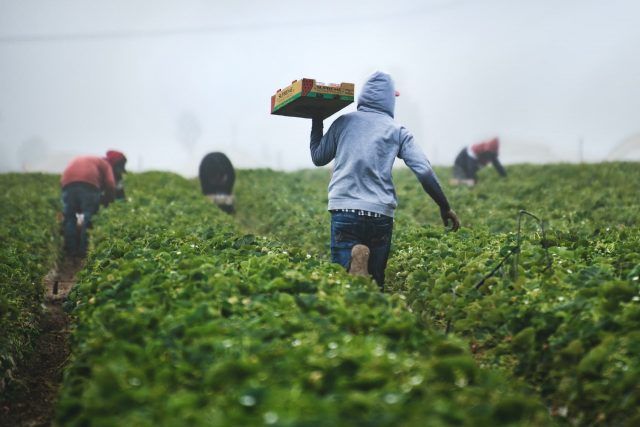Bopinc and Village Capital set to launch First Circular Agribusiness Accelerator in East Africa

Africa’s population is set to double over the next 30 years, making access to reliable and affordable food sources essential to this growth. Despite this fact, agri-tech startups in the continent do not get much attention. Fintech and mobility seem to be the most attractive for investors, VCs and accelerator programs.
Established by Bopinc and Village Capital, O-Farms will be the First Circular Agribusiness Accelerator in East Africa that will help entrepreneurs develop innovative solutions to circular agriculture in the region.
In the second half of 2021, 10 SMEs in Kenya and Ethiopia will be chosen to participate in the accelerator’s first cohort. With support from the IKEA Foundation, Bopinc and Village Capital will research, identify and support entrepreneurs who are developing innovative solutions for circular agriculture in the region.
The accelerator includes several capacity-building events that will be focused on business model development, technical skills, how to become investor-ready, networking with a group of investors and mentors within the food ecosystem.
Emile Schmitz, Managing Director, Bopinc explains that by transforming startup business models from a linear to circular approach, they hope to create a ripple effect across different sectors and make food production sustainable in the continent. Adding that SMEs are one of the key drivers for change in the food system as 64% of all food consumed in Africa is handled by SMEs, and the number of agribusiness SMEs is steadily growing. O-Farms accelerator is the first accelerator in the continent that caters to them.
The agricultural value chain in East Africa is largely inefficient and prone to monumental losses due to several factors. This accelerator will help build the capacities of agroprenuers and ensure they get value for their yields. Petra Hans, Head of Portfolio, Agricultural Livelihood, IKEA Foundation explains why this program is targeted at East Africans.
“East Africa has enormous potential for sustainable food systems. East Africa’s population is steadily growing and so is the demand for food in the region. The region also has great agricultural potential but, at the same time, there are large inefficiencies in the food system. In certain sectors like horticulture, where losses can rise to 50%, most of these losses occur in the supply chain which is where we see the greatest potential for circular solutions. A circular economy in agriculture can provide multiple positive impacts such as new jobs, much more efficient use of natural resources and lower greenhouse gas emissions from the food sector.”
The accelerator program aims to make a concerted difference in the food sector in Africa by creating new products from food losses and by-products. At the end of the accelerator, two selected SMEs from each country will receive €25 000 in growth funding.